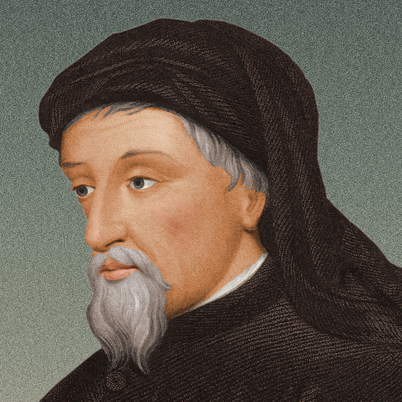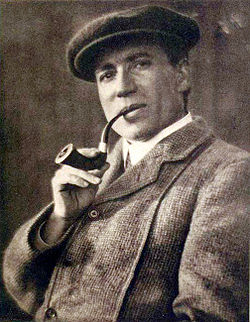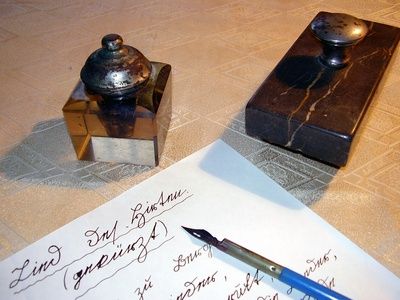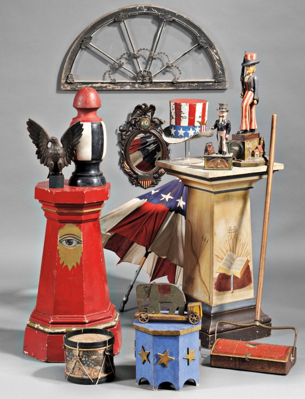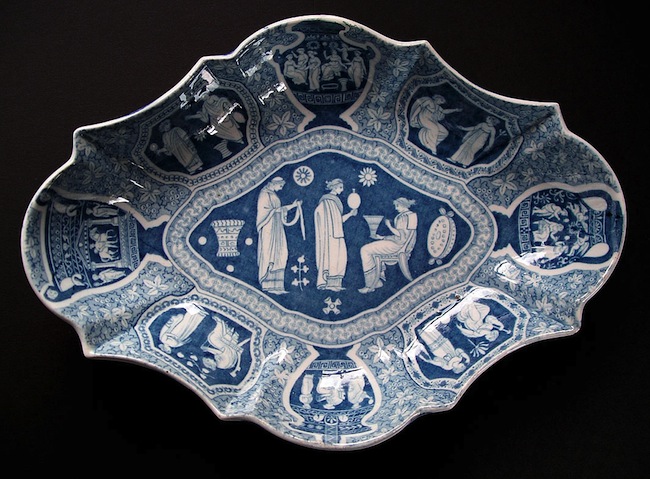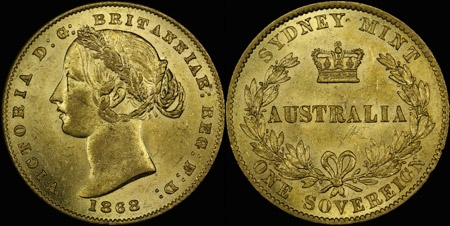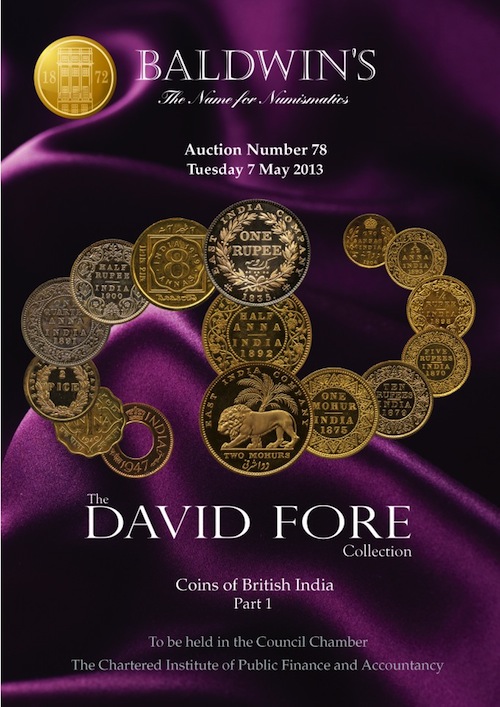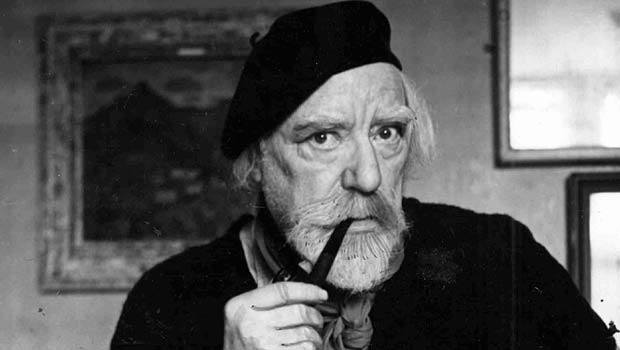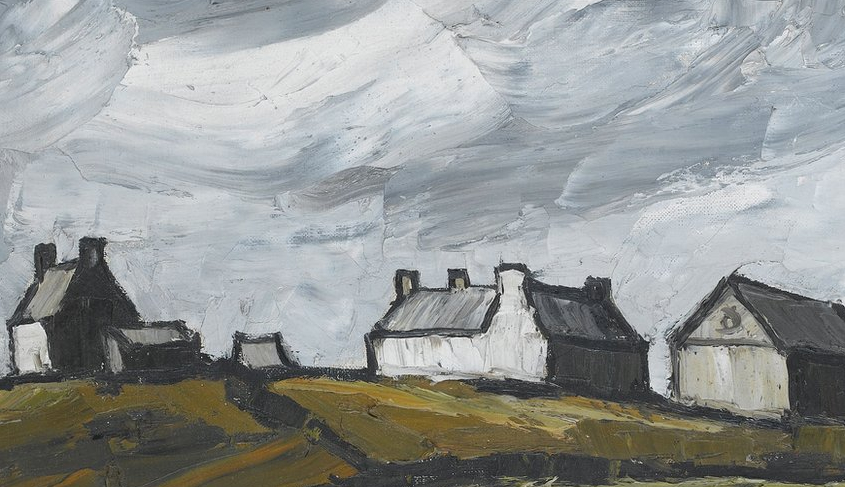A Character
I marvel how Nature could ever find space
For so many strange contrasts in one human face:
There’s thought and no thought, and there’s paleness and bloom
And bustle and sluggishness, pleasure and gloom.There’s weakness, and strength both redundant and vain;
Such strength as, if ever affliction and pain
Could pierce through a temper that’s soft to disease,
Would be rational peace–a philosopher’s ease.There’s indifference, alike when he fails or succeeds,
And attention full ten times as much as there needs;
Pride where there’s no envy, there’s so much of joy;
And mildness, and spirit both forward and coy.There’s freedom, and sometimes a diffident stare
Of shame scarcely seeming to know that she’s there,
There’s virtue, the title it surely may claim,
Yet wants heaven knows what to be worthy the name.This picture from nature may seem to depart,
Yet the Man would at once run away with your heart;
And I for five centuries right gladly would be
Such an odd such a kind happy creature as he.
William Wordsworth
William Wordsworth was a major English Romantic poet who, with Samuel Taylor Coleridge, helped to launch the Romantic Age in English literature with the 1798 joint publication Lyrical Ballads.
The second of five children born to John Wordsworth and Ann Cookson, William Wordsworth was born on 7 April 1770 in Wordsworth House in Cockermouth, Cumberland part of the scenic region in northwest England, the Lake District. His sister, the poet and diarist Dorothy Wordsworth, to whom he was close all his life, was born the following year, and the two were baptised together.
Wordsworth’s father, although rarely present, did teach him poetry, including that of Milton, Shakespeare and Spenser, in addition to allowing his son to rely on his own father’s library. Along with spending time reading in Cockermouth, Wordsworth would also stay at his mother’s parents house in Penrith, Cumberland.
At Penrith, Wordsworth was exposed to the moors and was influenced by his experience with the landscape and was further turned toward nature by the harsh treatment he received at the hands of his relatives. In particular, Wordsworth could not get along with his grandparents and his uncle, and his hostile interactions with them distressed him to the point of contemplating suicide.
Wordsworth, Dorothy and Coleridge travelled to Germany in the autumn of 1798. While Coleridge was intellectually stimulated by the trip, its main effect on Wordsworth was to produce homesickness.
During the harsh winter of 1798–1799, Wordsworth lived with Dorothy in Goslar, and, despite extreme stress and loneliness, he began work on an autobiographical piece later titled The Prelude. He wrote a number of famous poems, including “The Lucy poems”.
He and his sister moved back to England, now to Dove Cottage in Grasmere in the Lake District, and this time with fellow poet Robert Southey nearby. Wordsworth, Coleridge and Southey came to be known as the “Lake Poets”. Through this period, many of his poems revolve around themes of death, endurance, separation and grief.
Wordsworth received an honorary Doctor of Civil Law degree in 1838 from Durham University, and the same honour from Oxford University the next year. In 1842 the government awarded him a civil list pension amounting to £300 a year.
With the death in 1843 of Robert Southey, Wordsworth became the Poet Laureate. When his daughter, Dora, died in 1847, his production of poetry came to a standstill.
William Wordsworth died by re-aggravating a case of pleurisy on April 23, 1850, and was buried at St. Oswald’s church in Grasmere. His widow Mary published his lengthy autobiographical “poem to Coleridge” as The Prelude several months after his death. Though this failed to arouse great interest in 1850, it has since come to be recognized as his masterpiece.
Wordsworth was England’s Poet Laureate from 1843 until his death in 1850.
Major works
- Lyrical Ballads, with a Few Other Poems (1798)
- “Simon Lee”
- “We are Seven”
- “Lines Written in Early Spring”
- “Expostulation and Reply”
- “The Tables Turned”
- “The Thorn”
- “Lines Composed A Few Miles above Tintern Abbey”
- Lyrical Ballads, with Other Poems (1800)
- Preface to the Lyrical Ballads
- “Strange fits of passion have I known”[16]
- “She Dwelt among the Untrodden Ways”[16]
- “Three years she grew”[16]
- “A Slumber Did my Spirit Seal”[16]
- “I travelled among unknown men”[16]
- “Lucy Gray”
- “The Two April Mornings”
- “Nutting”
- “The Ruined Cottage”
- “Michael”
- “The Kitten At Play”
- Poems, in Two Volumes (1807)
- “Resolution and Independence”
- “I Wandered Lonely as a Cloud” Also known as “Daffodils”
- “My Heart Leaps Up”
- “Ode: Intimations of Immortality”
- “Ode to Duty”
- “The Solitary Reaper”
- “Elegiac Stanzas”
- “Composed upon Westminster Bridge, September 3, 1802”
- “London, 1802”
- “The World Is Too Much with Us”
- Guide to the Lakes (1810)
- ” To the Cuckoo “
- The Excursion (1814)
- Laodamia (1815, 1845)
- The Prelude (1850)
Further reading
- Mary Moorman, William Wordsworth, A Biography: The Early Years, 1770-1803 v. 1, Oxford University Press, 1957 ISBN 978-0198115656
- Mary Moorman, William Wordsworth: A Biography: The Later Years, 1803-1850 v. 2, Oxford University Press, 1965 ISBN 978-0198116172
- Stephen Gill, William Wordsworth: A Life, Oxford University Press, 1989 ISBN 978-0192827470
- Hunter Davies, William Wordsworth: A Biography, Frances Lincoln Ltd, London,2009 ISBN 978-0-7112-3045-3
- Emma Mason, The Cambridge Introduction to William Wordsworth (Cambridge University Press, 2010) [17]
- M.R. Tewari, One Interior Life—A Study of the Nature of Wordsworth’s Poetic Experience, (New Delhi: S. Chand & Company Ltd, 1983)
- Report to Wordsworth, Written by Boey Kim Cheng, as a direct reference to his poems Composed Upon Westminster Bridge and The World is too Much with us


